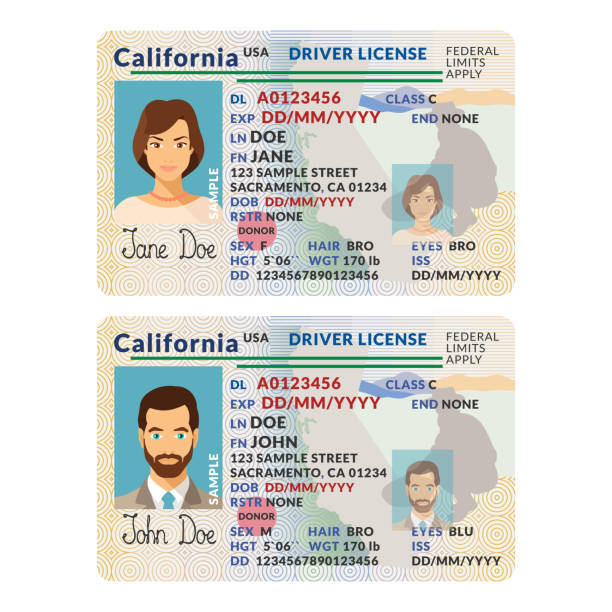Using a fake ID can seem like a harmless way to fit in and have fun, but it can come with serious consequences. In the United States, it’s illegal to possess or even attempt to possess a fake ID. While the penalties vary from state to state, they can be quite severe, ranging from fines to jail time. Additionally, even if you don’t get caught, there are other risks associated with using a fake ID. In this blog post, we’ll look at the realities of using a fake ID and ask the question: is it worth the consequences? We’ll examine the short-term and long-term consequences of using a id god, from potential legal repercussions to the damage to your reputation. We’ll also discuss why using a fake ID can be tempting and explore alternative ways to have fun without breaking the law. By the end of this blog post, readers should have a better understanding of the true risks of using a fake ID.
1. The potential legal consequences of using a fake ID
One of the potential legal consequences of using a fake ID is identity fraud. This is a serious crime that can lead to a variety of penalties, including fines, probation, and even jail time. Fake IDs are not just limited to those that are forged or altered, but also include those that are obtained through fraudulent means, such as using someone else’s identification or using a false name or address. Furthermore, the use of a fake ID could lead to charges of underage drinking, as many establishments have laws prohibiting minors from consuming alcohol. Lastly, in some cases, the use of a fake ID may also result in a criminal record, which can have serious repercussions on a person’s future.
2. The various factors that can influence a court’s decision in a case involving a fake ID
When it comes to the legal implications of possessing a fake ID, a court’s decision can be heavily influenced by multiple factors. The most important factor is the severity of the alleged crime, as the more serious the crime, the more likely a court is to hand down a harsher punishment. Additionally, the presence of extenuating circumstances can play a role in the court’s decision. These can include mitigating factors such as the age of the defendant, the defendant’s prior criminal history and any mental health issues that may have contributed to their actions. The court may also consider the defendant’s remorse, as well as any attempts to rectify the situation. Finally, the court may take into account the likelihood of the defendant re-offending and the danger they pose to the public.
3. Ways to minimize the risk associated with using a fake ID
When considering the risks associated with using a fake ID, it’s important to also consider ways to minimize those risks. The following are three important steps to take to reduce the risks associated with using a fake ID:
1. Make sure the ID is well-made. Poorly-made IDs are more likely to be flagged as fake. Invest in a high-quality fake ID, preferably from a reputable dealer.
2. Be aware of the laws in your area. Laws surrounding fake IDs vary from state to state, so it’s important to do your research before using a fake ID.
3. Use the ID in moderation. Don’t use the ID too frequently, as this will draw attention to yourself. If you do use a fake ID, use it sparingly and discreetly.
To summarize, using a fake ID is a serious risk with potentially severe consequences. While the temptation may be there to purchase a fake ID, it’s not worth the risk. In addition, while it may be easy to acquire a fake ID, it is illegal and can result in fines, loss of driving privileges, and even jail time. It’s always best to be honest, abide by the laws, and find other safe and legal ways to enjoy a night out.
